
Healthy eating is one of the biggest concerns in pregnancy, because expectant mothers assume the responsibility for their own health, as well as for the health of their unborn baby. This may seem like a challengingtask going on for nine months, since future mothers need to make sure that thebaby’s arrival will go as smoothly as possible, and that the baby will developand grow properly before it is delivered.
Healthy Diet
The first thing pregnant women have to bear in mind is thattheir daily calorie intake must be increased by 300 calories. Morning sickness and cravings typical of early pregnancypose another challenge to maintaining a healthy diet in the first trimester.Still, following the daily healthy eating regimen is a sacrifice that every motherhas to make.
A balanced diet should be planned with the help of adietitian. It is advisable to refrain from the raw meat, deli meats, soft cheeseand types of fish with high mercury levels, as these can cause food poisoning inpregnancy. Alcohol and smoking are prohibited during pregnancy, in order toavoid birth defects, premature birth and low-weight babies. Pregnant womenshould also restrict their caffeine consumption to not more than 300 mg perday, so they must cut down on chocolate, coffee and colas.
Fiber Intake
Foods with the high fiber content are an absolute must for apregnant woman. Eating experts recommend about 5-10 servings of fiber containing food for expectant women. Raw fruit, green leafy vegetables, wholegrains, rice, whole wheat bread, cereals and cooked beans are some of theproducts that will satisfy most of the baby’s requirements. Further, thesefoods provide the necessary energy for the mother. The daily diet should alsoinclude proper amounts of fish, meat, poultry and dairy products.
Vitamins and Minerals
Vitamins and minerals are absolutely essential duringpregnancy. Calcium is one of the nutrients that is indispensable in an everyday diet of a pregnant woman, so milk and dairy products, tofu,sardines, broccoli, spinach, almonds and fish paste are some of the foods thatmust be included in the diet as natural sources of calcium. Most of these foods will provide abundant amounts of proteinand omega-3 fatty acid, while fruits and vegetables should be consumed tosupply sufficient quantities of vitamin C.
To avoid complications during pregnancy, it is important toconsume proper amounts of vitamin D and folic acid. Some of the best sources ofvitamin D are different sorts of fish including tuna, mackerel, sardines,canned salmon, eggs, margarine and fortified types of breakfast cereals. Pregnant women also have an increased need for iron, and thisessential mineral can be found in most of the foods listed above.
Meals
Instead of 3-4 whole meals, the food should be distributedinto 5-6 mini meals. Some daily recommendations include the consumption of 1200mg of calcium, 70 mg of vitamin C, 27 mg of iron and 6-8 glasses of water.


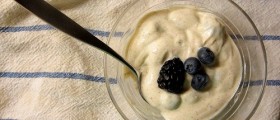
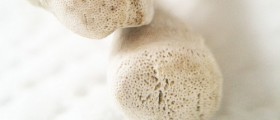
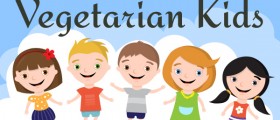
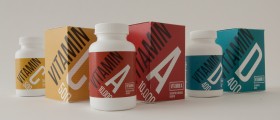



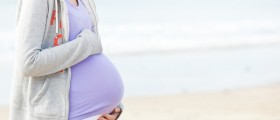
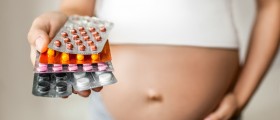
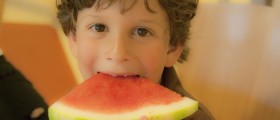


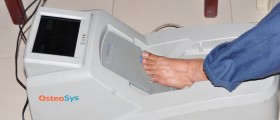
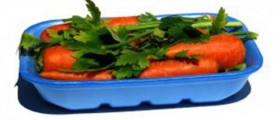

Your thoughts on this
Loading...